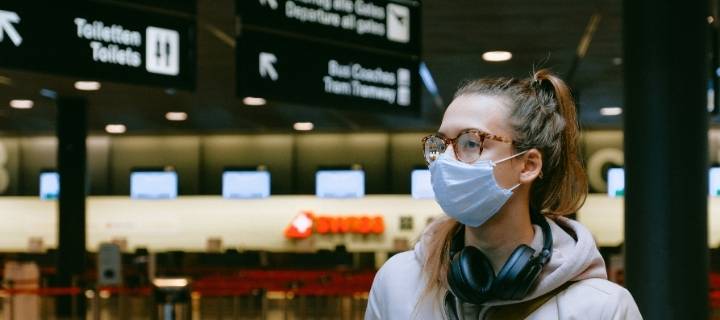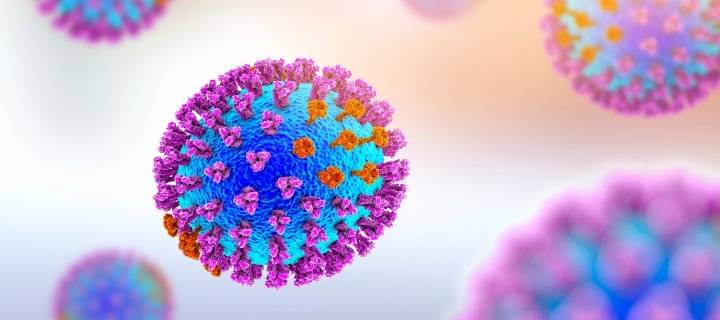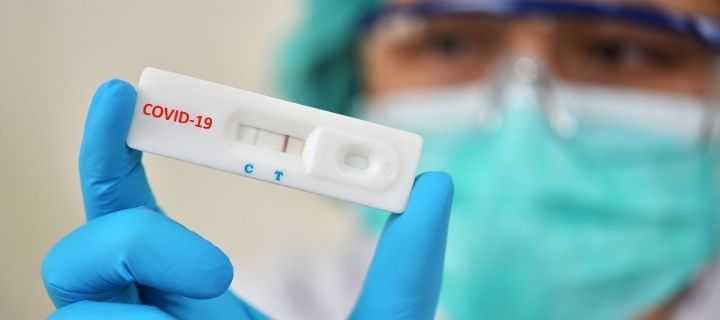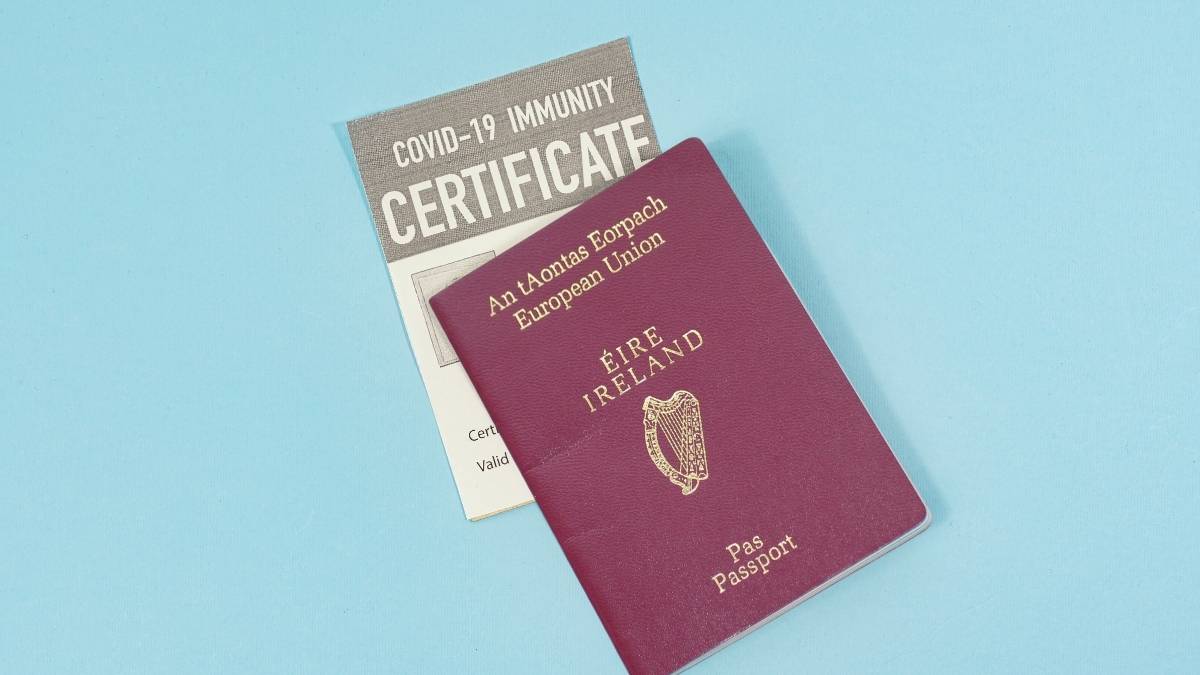After months living in lockdown, learning to live with COVID-19 has been a huge adjustment worldwide. From remembering to bring your mask with you to queuing outside shops, life looks different. Two things that have yet to return to normal are returning to work and travel. In April, early in lockdown, the concept of an immunity passport was suggested as a way to get people back to work and get life back to a semblance of normalcy.
But what is an immunity passport and will it become part of a new way of life?
What is an immunity passport?
An immunity passport would be like a certificate that’s issued to a person who had been diagnosed with and recovered from COVID-19. The thought process behind it was that it could help get people back to work and potentially allowing for travel on certain air bridges.
How would an immunity passport work?

The belief at the time was, once you recovered from COVID-19, your body would create antibodies. These antibodies would then minimise or eliminate the risk of reinfection, thus making you immune to the virus.
In the six months since the first COVID-19 case was reported, there has been no evidence to suggest that this is the case. Since late August, there have been a handful of reports in Asia, Europe and America of people who had recovered from COVID-19 becoming reinfected
Are they recommended by W.H.O.?

No, the World Health Organisation does not recommend the use of an immunity passport or certificate. It has, in fact, warned against the idea of it. There are two many reasons why:
- There isn’t any evidence to date of antibody-mediated immunity.
- If people recover from COVID-19 and get issued with an immunity passport, they may ignore public health advice whether it be at work, in their own town/city and abroad.
Given the changing nature of viruses and the recent reports of reinfection, it is very unlikely that immunity passports will become part of our lives.
Is there an alternative to the immunity passport?

Instead of using an immunity passport, which may pose a greater risk to public health, rapid testing would be a more efficient, precise and reliable approach.
In some airports in the USA and Germany, rapid testing has already been introduced. This would eliminate the need for travellers to quarantine for 14 days upon arrival in a destination. With rapid testing, you would receive a result in less than 24hrs. This means you can start your holiday almost immediately and be at ease. Throughout your trip, abiding by the local health guidelines is essential; wash your hands, practice good cough/sneeze etiquette, physically distance and wear a mask.




